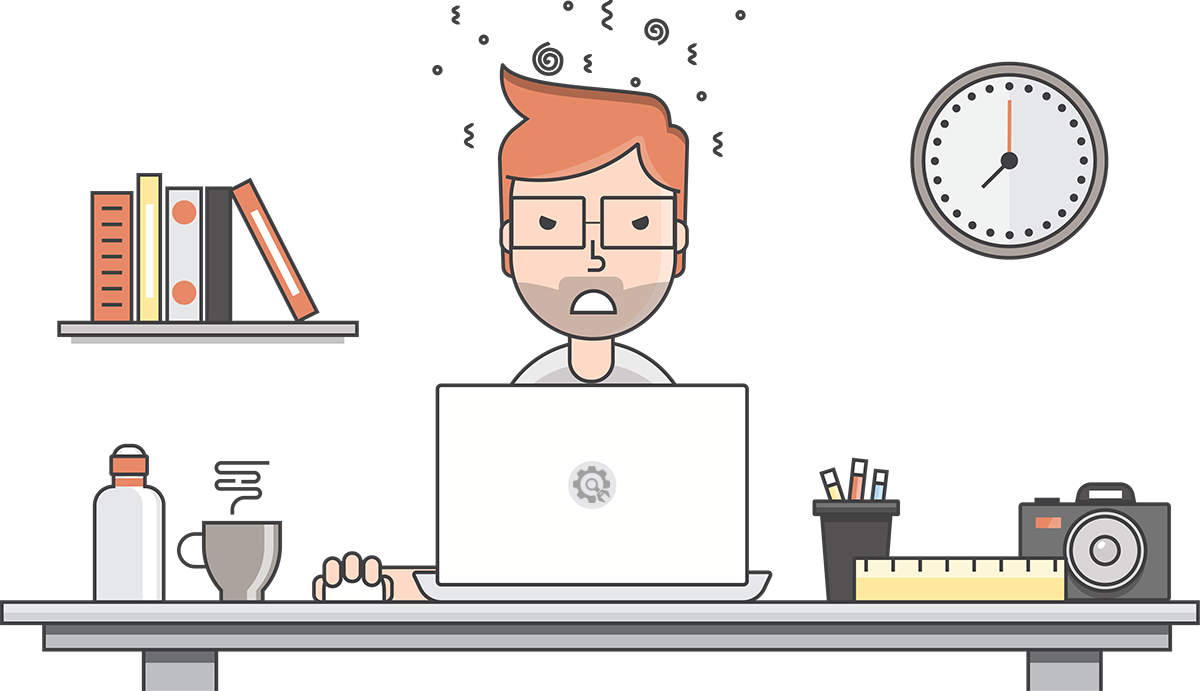

+34 639 60 82 75 ![]()
Gracias por tu paciencia. Estamos trabajando en el sito y volveremos en unos días.
No dudes en contactar con nosotros en nuestros teléfonos +34 938 148 332, +34 639 608 275, vía whatsapp o bien a través de nuestro correo electrónico info@elbitalegre.com
El mundo gaming más cerca de ti!